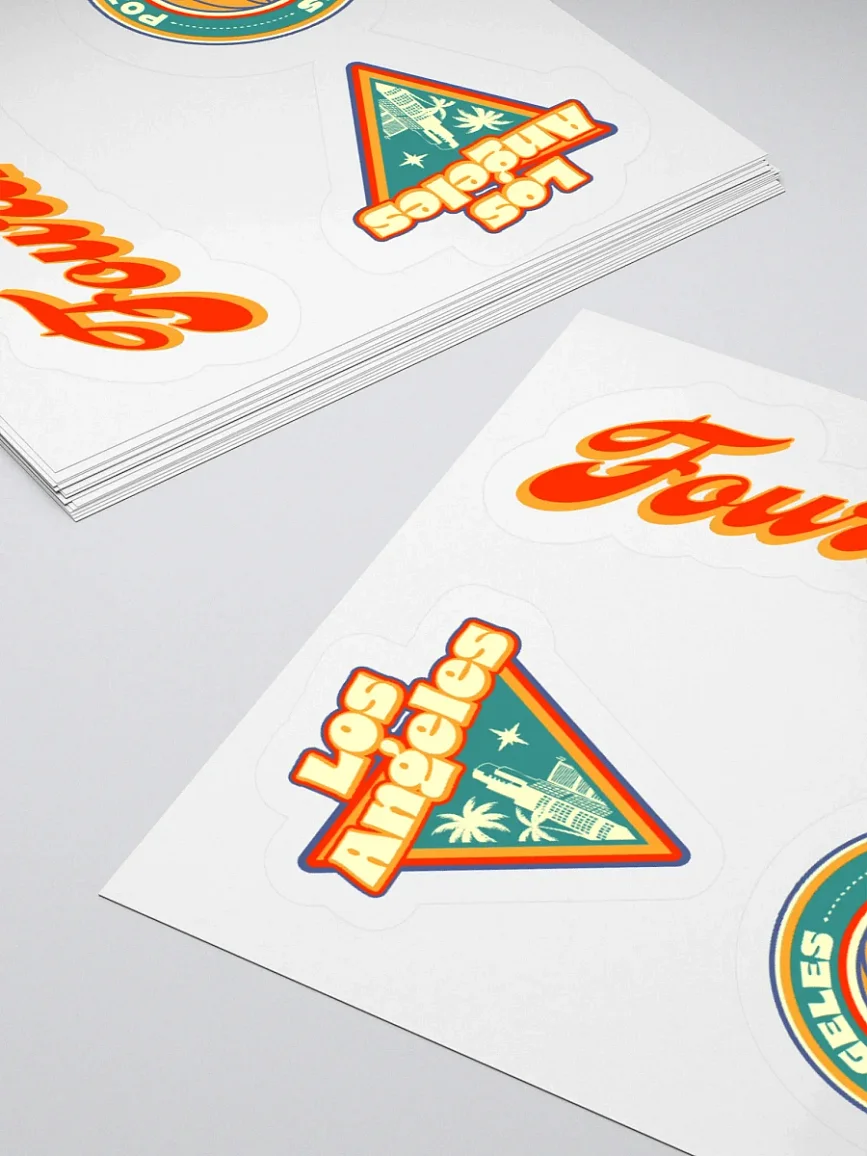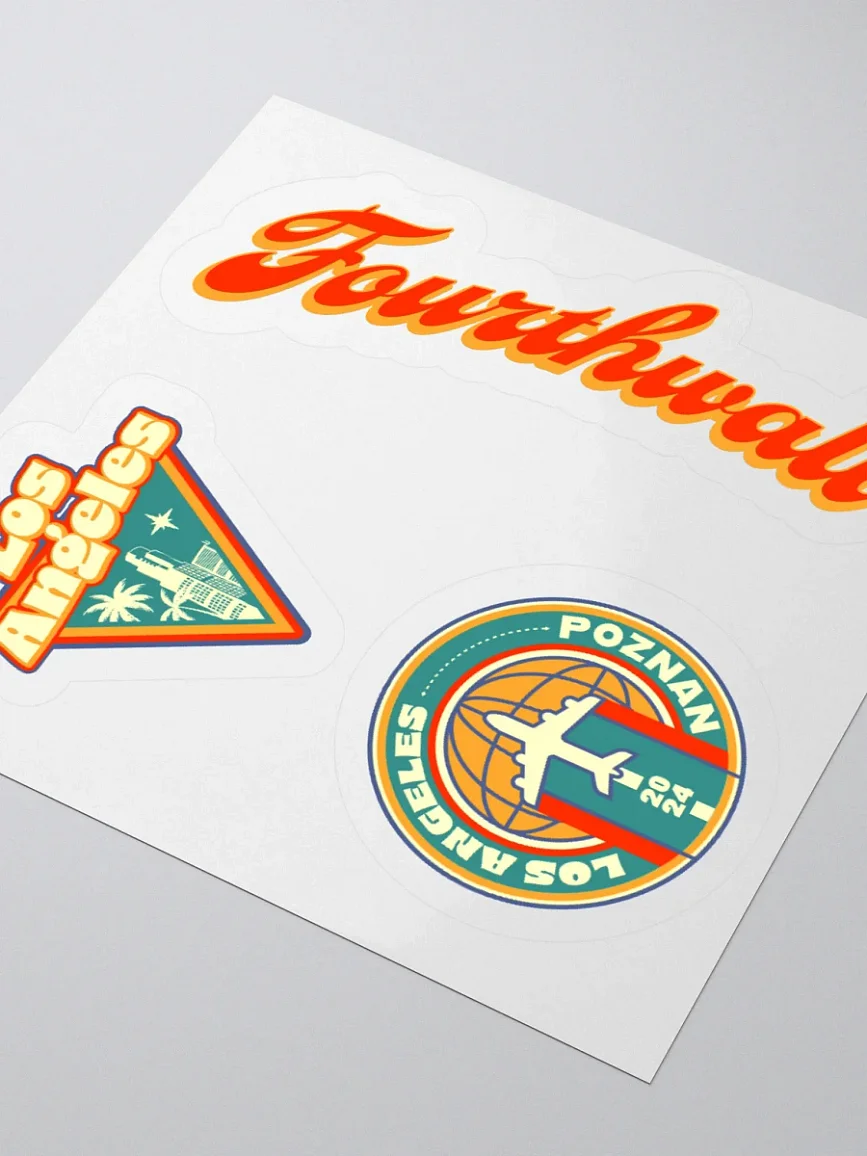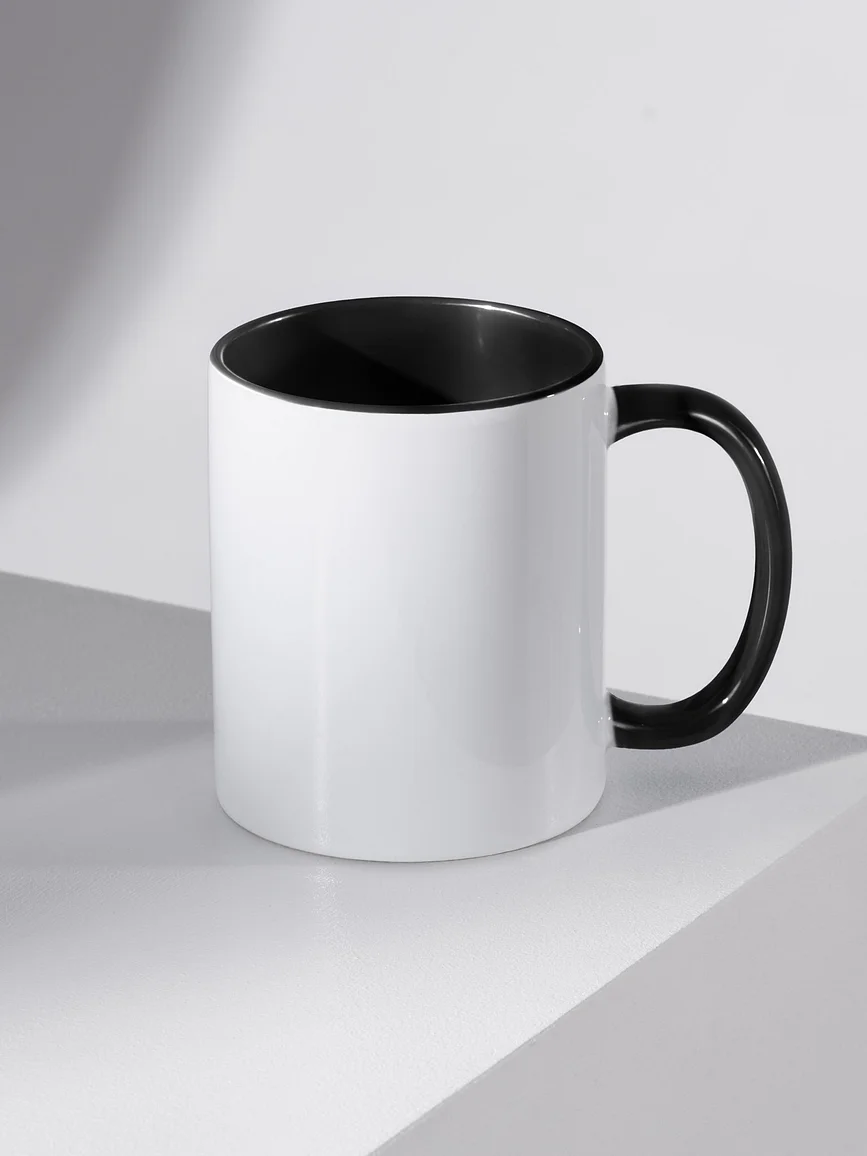White Label vs Private Label Products: How to Choose the Best for Your Brand

If you’re a content creator looking to grow your brand through merchandise, one of the most important decisions you'll make is where to source your products.
Offering unique, branded items to your audience can be a great way to monetize your platform, but finding the right supplier can sometimes be challenging. This is where understanding the difference between product label companies comes in handy.
In this guide, we’ll explore the key differences between white label and private label products, breaking down how each option works and the advantages they offer for creators.
Whether you want to quickly launch ready-made items under your brand or fully customize merchandise that reflects your unique identity, this article will help you decide the best approach for your branded merchandise.
What is Private Labeling?

Private labeling refers to the practice of a retailer or business contracting a manufacturer to produce a product that is then sold under the retailer's own brand name. Unlike white-label products, which are generic and sold to multiple retailers, private label products are unique to the brand that sells them. This approach allows businesses to create a distinct brand identity and offer products that are not available elsewhere.
For example, Kirkland Signature, the private label brand of Costco, is a well-known success story in private labeling. Costco works with various private label manufacturers to produce high-quality products across a wide range of categories, from food to electronics, all under the Kirkland brand. This strategy has allowed Costco to build strong customer loyalty and generate significant sales, as customers associate the Kirkland brand with quality and value.
Benefits of Private Labeling
- Customization: Private labeling provides businesses with complete control over the product design, packaging, and branding. This allows companies to tailor products to their target market’s specific preferences and needs, ensuring a unique offering that stands out from competitors.
- Cost-effectiveness: Partnering with private label manufacturers can be more cost-effective than developing a product from scratch. Businesses can leverage the manufacturer's existing production capabilities and expertise, reducing the costs associated with research and development.
- Brand building: Private label products offer an excellent opportunity for businesses to build a strong brand identity. By offering high-quality, unique products under their own brand name, companies can foster customer loyalty and create a distinct market presence.
- Market differentiation: In a crowded market, private label products can help businesses differentiate themselves from competitors. Since these products are exclusive to the brand, they provide a unique selling proposition that generic or white label products may lack.
Challenges of Private Labeling
- Quality control: Ensuring consistent product quality is crucial in private labeling. Since the product is manufactured by a third party, businesses must carefully select private label manufacturers and establish stringent quality control processes to maintain their brand's reputation.
- Time investment: Developing a private label product requires significant time and effort, from product development and design to branding and marketing. Businesses must be prepared for a longer lead time before the product is ready to be sold.
- Inventory management: Managing inventory for private label products can be challenging. Businesses must balance the risk of overstocking with the potential for stockouts, both of which can impact profitability and customer satisfaction.
What is White Labeling?

White labeling involves purchasing a generic product from a manufacturer and rebranding it under your own brand name. Unlike private label products, white label products are not unique to one retailer; they are sold to multiple companies, each of which brands the product as their own. This model is particularly common in industries such as software, where white label software solutions allow businesses to offer a pre-made product without investing in its development.
A prime example of white labeling can be seen in the food and beverage industry, where many generic products are sold under different brand names by various retailers. For instance, a manufacturer might produce a standard line of bottled water that is then sold under multiple brand names by different grocery chains.
Benefits of White Labeling
- Speed to market: One of the biggest advantages of white labeling is the ability to quickly bring a product to market. Since the product is already developed and manufactured, businesses can focus on branding and selling, bypassing the lengthy product development process.
- Reduced risk: White labeling minimizes the risk associated with product development. The product has already been tested and proven in the market, reducing the chances of failure.
- Cost-efficiency: White labeling can be more cost-efficient than developing a product from scratch. Businesses can avoid the high costs associated with research, development, and initial production runs.
- Focus on core competencies: By opting for white label products, businesses can focus on their core strengths, such as marketing, sales, and customer service, rather than getting bogged down in the complexities of product development and manufacturing.
Challenges of White Labeling
- Limited customization: One of the main drawbacks of white labeling is the limited ability to customize the product. Since the product is generic, businesses may only be able to make minor modifications, such as changing the packaging or labeling, which can limit differentiation.
- Lack of control: With white labeling, businesses have less control over the manufacturing process and product quality. This can be a significant risk, especially if the manufacturer experiences issues that affect product quality or availability.
- Brand dilution: Because white label products are sold to multiple companies, there is a risk of brand dilution. If the same product is sold under different brand names, it can be challenging to create a unique brand identity, and consumers may not see your brand as distinct.
Main Differences Between White and Private Label Products
While both white label and private label products offer businesses the opportunity to sell products under their own brand name, they differ significantly in several key areas:
Ownership of the Product
Ownership of private label products means the creator or brand has complete control over the design, formulation, and presentation of the merchandise. This allows them to tailor every aspect of the product to meet their brand’s vision and the specific preferences of their audience.
In contrast, white label products are pre-made and sold to multiple retailers or creators, meaning the product itself is not unique to one brand. While white label items allow for quicker, more affordable branding, private label products provide creators with exclusive ownership, ensuring their merchandise is truly one-of-a-kind and stands out in a crowded marketplace.
Level of Customization
With private label products, content creators can fully customize the design, ingredients, materials, and packaging, ensuring that the product aligns perfectly with their brand identity and audience preferences. This high level of customization allows creators to offer genuinely unique merchandise that stands out in the market and reflects their personal brand.
On the other hand, white label products come with limited customization options—usually restricted to adding a logo or adjusting basic packaging elements—making it more challenging to differentiate the product from those offered by other brands. This can limit the creative control a creator has over their merchandise.
Control Over the Product
When it comes to control over your branded products, private label brands have the advantage of overseeing every aspect of the product, from its quality and design to the production process. This means creators can ensure their merchandise meets specific standards and aligns perfectly with their brand vision, offering a more personalized experience for their audience.
White label products, however, are manufactured by a third party, giving creators less control over quality and consistency. Since the product is generic and sold to multiple businesses, maintaining strict brand standards can be more challenging, potentially affecting the overall perception of the creator's branded products.
Main Similarities Between White and Private Label Products
Despite their differences, white label and private label products share several similarities that make them attractive options for businesses looking to expand their product offerings:
Cost Savings
Both white label and private label products provide substantial cost savings by allowing content creators to skip the expensive and time-consuming process of developing a product from the ground up. With white label products, creators can quickly launch branded merchandise by rebranding pre-made items, reducing production costs and time to market.
Private label products, while more customized, still benefit from partnering with established manufacturers who already have the necessary infrastructure and expertise. This eliminates the need for creators to invest heavily in research, development, and manufacturing, making it more affordable to bring high-quality branded products to their audience.
Faster Route to Market
Both white label and private label products offer creators a faster route to market compared to developing a product from scratch. White label products, in particular, allow creators to swiftly launch branded merchandise since the products are already manufactured and simply need to be rebranded, offering a quick turnaround with minimal lead time.
While private label products require more time for customization and production, they still significantly shorten the overall timeline compared to building a product from the ground up. By leveraging existing manufacturing capabilities, both models enable creators to get their products into the hands of their audience faster, capitalizing on trends and maintaining momentum in the marketplace.
Risk Mitigation
White and private label products offer valuable risk mitigation strategies for content creators looking to sell branded merchandise. With white label products, creators benefit from reduced risk because these items have already been tested and proven in the market, allowing for quicker sales without investing in unproven concepts. This minimizes the chances of product failure.
On the other hand, while private label products may involve more risk due to the higher level of customization and control, they offer creators the ability to maintain strict quality standards. This control can lead to a stronger, more reliable brand reputation over time, as creators ensure their products meet their audience's expectations and align with their brand identity.
Opportunities for Resale
Both white and private label products offer significant resale opportunities, particularly in online and retail markets:
- Online sales: The growth of e-commerce has opened up vast opportunities for reselling white label and private label products. Businesses can easily set up online stores and sell these products directly to consumers, leveraging the power of digital marketing to reach a broad audience.
- Partnerships with retailers: Businesses can also partner with established retailers to sell their white or private label products in physical stores. This can help increase brand visibility and reach a larger customer base.
- Wholesale distribution: Another opportunity lies in wholesale distribution, where businesses sell white or private label products in bulk to other retailers. This can be a lucrative option, especially for businesses looking to expand their market reach without directly engaging in retail sales.
Which Business Model is Right For You?
Choosing between white label and private label products depends on several factors, including your budget, time constraints, desired level of control, and long-term goals:
- Budget: White label products are generally more cost-effective and require less upfront investment, making them a good option for businesses with limited budgets. Private label products, while more expensive, offer greater control and customization, which can lead to higher profit margins in the long run.
- Time constraints: If speed to market is a priority, white labeling is the better choice, as it allows you to quickly launch new products. Private labeling, while slower, provides more opportunities for creating a unique brand identity.
- Control and customization: If you value control over the product and want to create something truly unique, private labeling is the way to go. However, if you are comfortable with a more generic product and prioritize other aspects of your business, white labeling might be a better fit.
Start Creating Your White Label Products with Fourthwall!

When it comes to white labeling, choosing the right partner is crucial to your success. Fourthwall is a trusted partner in creating high-quality white label products, offering comprehensive services that include product design, manufacturing, and branding.
With Fourthwall, you can ensure that your white label products meet the highest quality standards and are tailored perfectly to your brand.
Whether you're looking to enter the market with a unique product or expand your existing offerings, Fourthwall has the expertise and resources to make it happen.
Ready to take the next step? Get started with Fourthwall today to learn how we can help you create your successful white label brand.
















